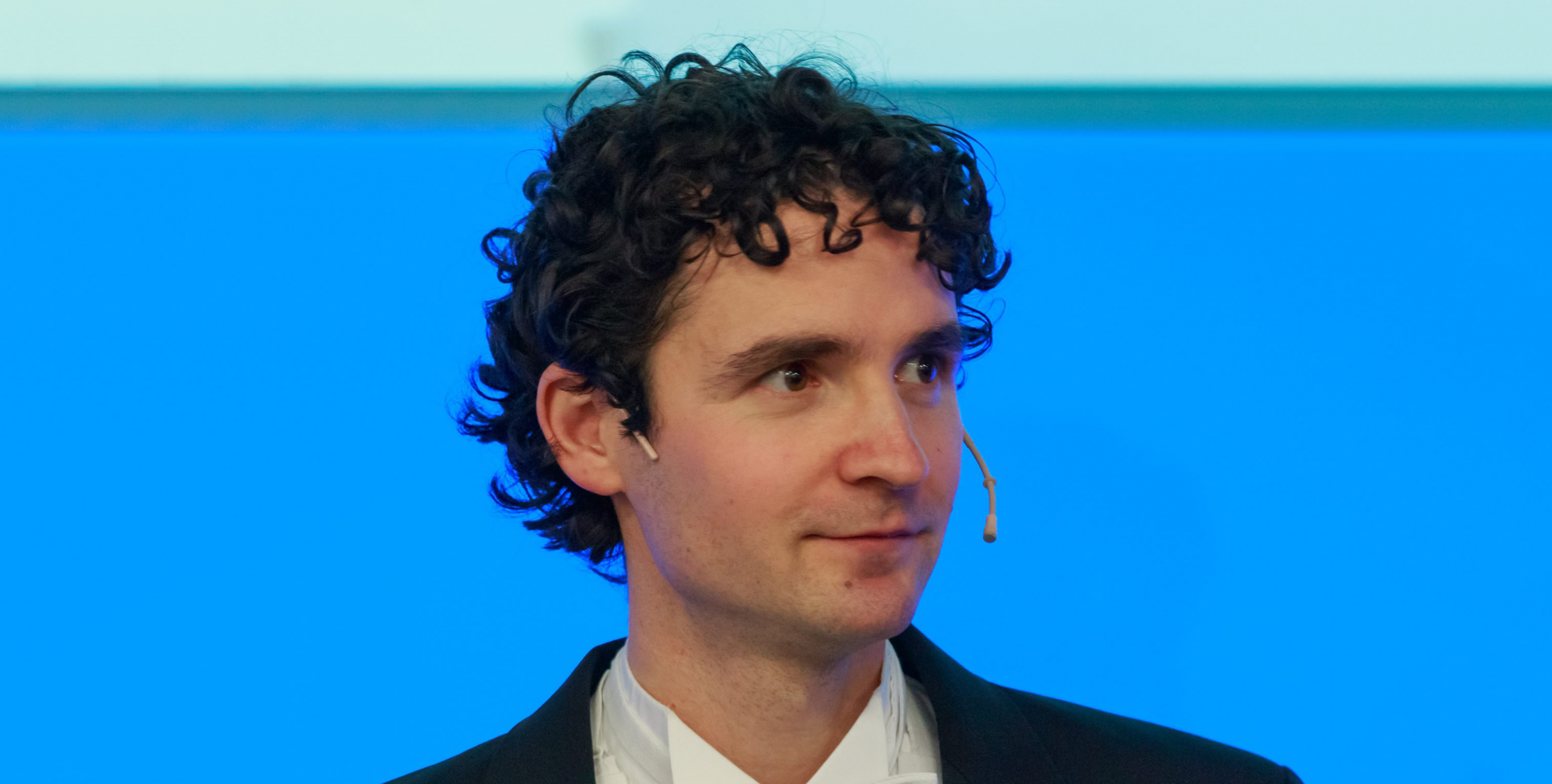Fooled by Randomness by Nassim Nicholas Taleb
The book focuses on a number of cognitive biases and how people tend to assign explanations to the products of random processes. It draws examples from the financial world where Taleb worked for many years, although many concepts could be generalized to other areas.
The World is Flat by Thomas L. Friedman
How a number of recent technological innovations and events, combined with globalization are changing the nature of and competition within the global economic landscape. The book focuses heavily on the emergence of India and China and how this will affect the US economy. At times the book feels dated and just a series of smaller stories which helped to reinforce the authors perceptions.
Cloud Atlas by David Mitchell
This had been on my reading pile for a while and luckily I was able to get to it before the release of the movie it inspired. I found the book to be an intricately woven thread of a number of stories, with many subtle features linking each one. The themes, roles, and relationships in the book are constantly repeated and reflected even within the structure of the book itself. With this the author manages to draw the reader into a brilliant and well-crafted tale spanning centuries.
If on a winter’s night a traveler by Italo Calvino
A reader gets pulled into a complex puzzle in the process of trying to finish reading an incomplete book. Each time thinking he has found the lost part of the book, he merely stumbles into a different story which itself finishes early leaving the reader even more frustrated.
Tipping Point by Malcom Gladwell
An interesting book investigating the proliferation of memes and why some spread like fire while others fall into oblivion. Gladwell attributes success to three factors and provides a number of examples of how each of these factors contributed to the sudden spread of something.
The Sunbird by Wilbur Smith
An archaeological/historical thriller taking place in both modern and ancient times. The story surrounds a long lost civilization in Africa, how it is rediscovered and how it became lost in the first place.
A Short History of Nearly Everything by Bill Bryson
A history of some of the greatest discoveries in science and the people who made them.
SuperFreakonomics by Steven D. Levitt and Stephen J. Dubner
A follow-up to Freakonomics, overall entertaining but somehow lacking when compared to the prequel.
